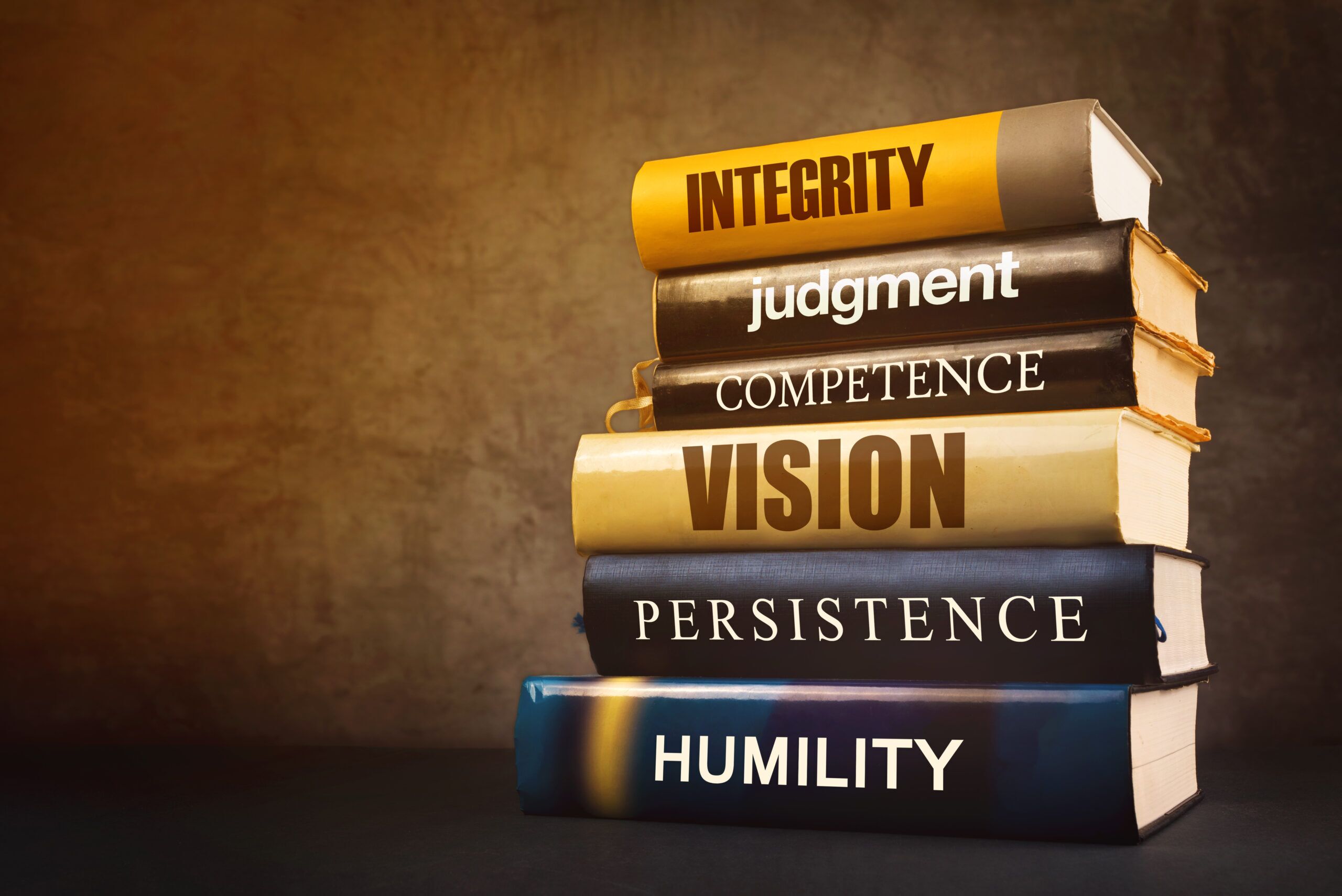By Rachel Verlik, ACC
With the 2016 Summer Olympics upon us, we see the top athletes in the world compete on the international stage. They are the best in their country and the best in their field. As they compete in their respective sports, think about what makes an Olympic athlete. Grit. Determination. Practice. Rest. Passion. Vision. Nutrition. Perseverance. A strong team supporting and coaching them.
Leaders aren’t much different, really. And we can learn a lot from our Olympic counterparts.
Without doubt, leadership is an endurance sport. And we need to treat ourselves as “corporate athletes,” as famously discussed in the classic Harvard Business Review (HBR) article “The Making of a Corporate Athlete.” In this article, Jim Loehr and Tony Schwartz discuss research and practices that enhance performance and productivity of leaders. They leverage research in the sports sciences to apply to our modern workforce.
To supplement their list, here are some tips to maintain your energy, rest, and fuel to keep you at peak performance:
Exercise: It’s easy to get caught up in the endless loop of meetings, email, carpool pickup, bill paying, and PowerPoint slide decks. So easy, in fact, that exercise is often the first item that falls off the “to do” list. But here’s the seemingly contradictory thing about exercise – the more you do it, the more energy you have. Exercise helps to reduce stress, lose or maintain a healthy weight and create necessary “white space” that helps boost creativity. Been noodling over a work problem? Go for a walk and change your environment. A previously unseen solution may arise.
Rest. There is a sleep revolution upon us. While we’ve always known a good night’s sleep is important, more research is emerging to support how critical sleep is to our health, weight, and productivity. Most experts recommend between 7-9 hours of sleep a night. An hour before bed, turn off electronics, dim the lights, and start telling your body it’s time for bed. Try it for a week and check in with yourself to see if you notice any difference in your productivity, mood, and creativity.
Recovery: In our busy workplace, we often hop from meeting to meeting, answering emails on our smartphones along the way. In the above HBR article, Loehr and Schwartz recommend recovery breaks every 90-120 minutes. These don’t have to be long breaks- examples could be making yourself a cup of tea, or walking around the block. Set a reminder on your phone to take a quick break. If Olympic athletes don’t build in recovery time, they are not be able to perform at their peak. Same goes for leaders.
Fuel: If you put sub par fuel in your car, it can operate sluggishly. We as leaders are the same. Your 3pm break with a honeybun may taste good, but you’ll quickly crash afterwards. Fuel yourself with fruits, vegetables, protein, healthy fats, and complex carbohydrates for optimal performance. (Note: Please consult the appropriate medical professional for any specific, individual dietary concerns).
Reflection and Pause: Why do you do what you do? What motivates you to be a great leader? Building up periods of reflection and pause allows you to develop your resiliency muscle, to bounce back quicker when times get tough. Reflection and pause practices help you work through difficult times, missteps, and mistakes. It allows you to reflect on your misses, and also celebrate your successes. It also grants you the ability to refine and hone your mission and vision.
Team: You are as good as the team around you. That includes your subordinates, your boss, your counsel, your peers, and your family and friends. Build a world-class team around you – people who are not the same as you, but excel in their expertise. They will help elevate you to world-class success.
(Of course it’s always important to consult your physician if you have any medical conditions that would be affected with the above items.)
We as humans aren’t meant to run at 100 miles an hour all day long. We need fuel, rest, recovery, and exercise. We need a strong team to support us so we’re not going it alone. As we watch the Olympians take their respective stages, think about it – what combination of practices allow you as a leader to be at peak performance? Go for the gold!!

